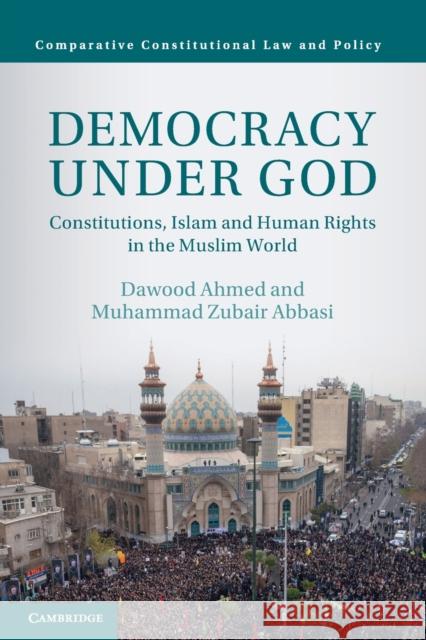Democracy Under God » książka
topmenu
Democracy Under God
ISBN-13: 9781316610572 / Miękka / 2023
Democracy Under God
ISBN-13: 9781316610572 / Miękka / 2023
cena 135,69
(netto: 129,23 VAT: 5%)
Najniższa cena z 30 dni: 134,63
(netto: 129,23 VAT: 5%)
Najniższa cena z 30 dni: 134,63
Termin realizacji zamówienia:
ok. 16-18 dni roboczych.
ok. 16-18 dni roboczych.
Darmowa dostawa!
Empirically analyzes Islam and human rights in constitutions of Muslim-majority states and theorizes why some adopted Islam in their constitutions.











